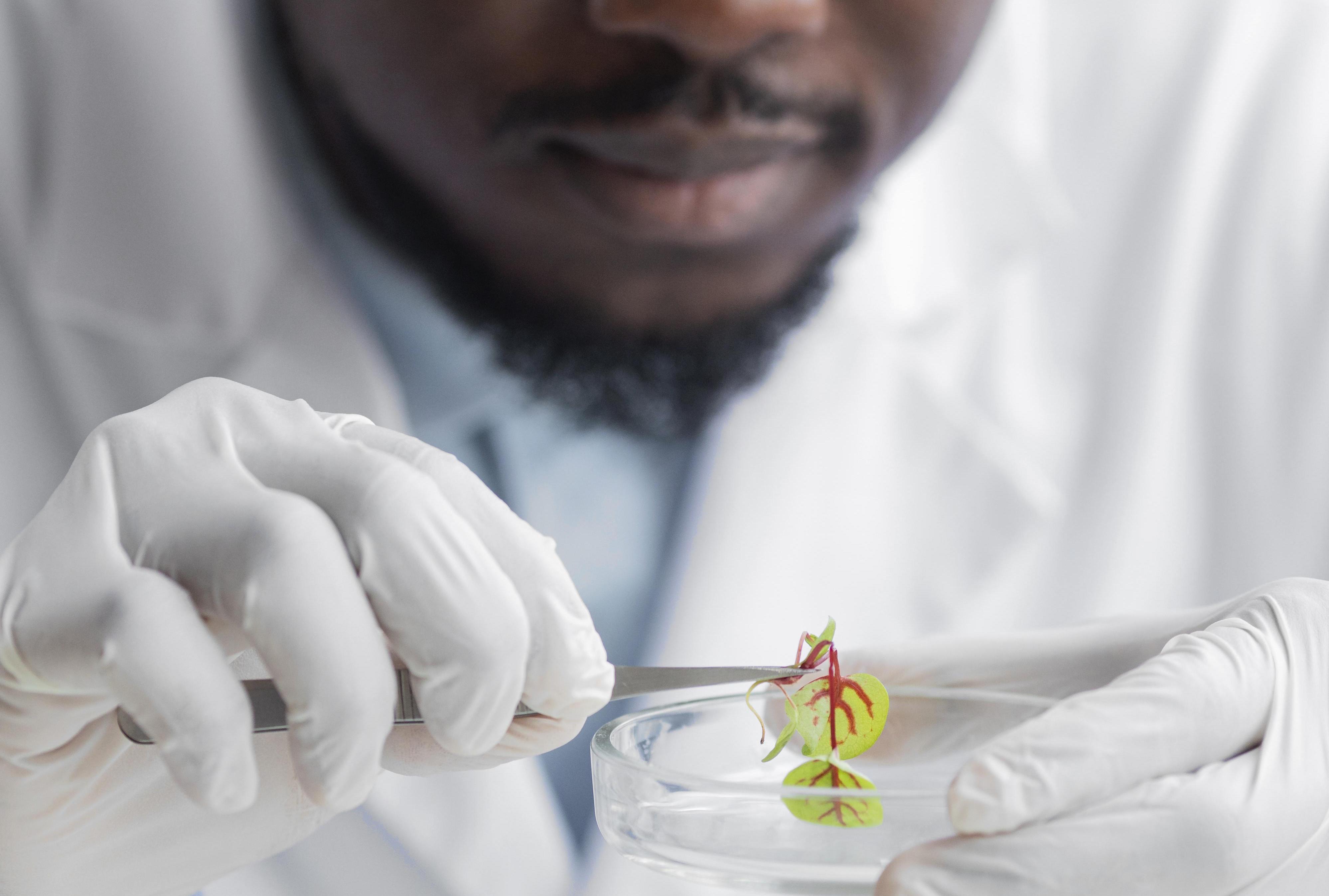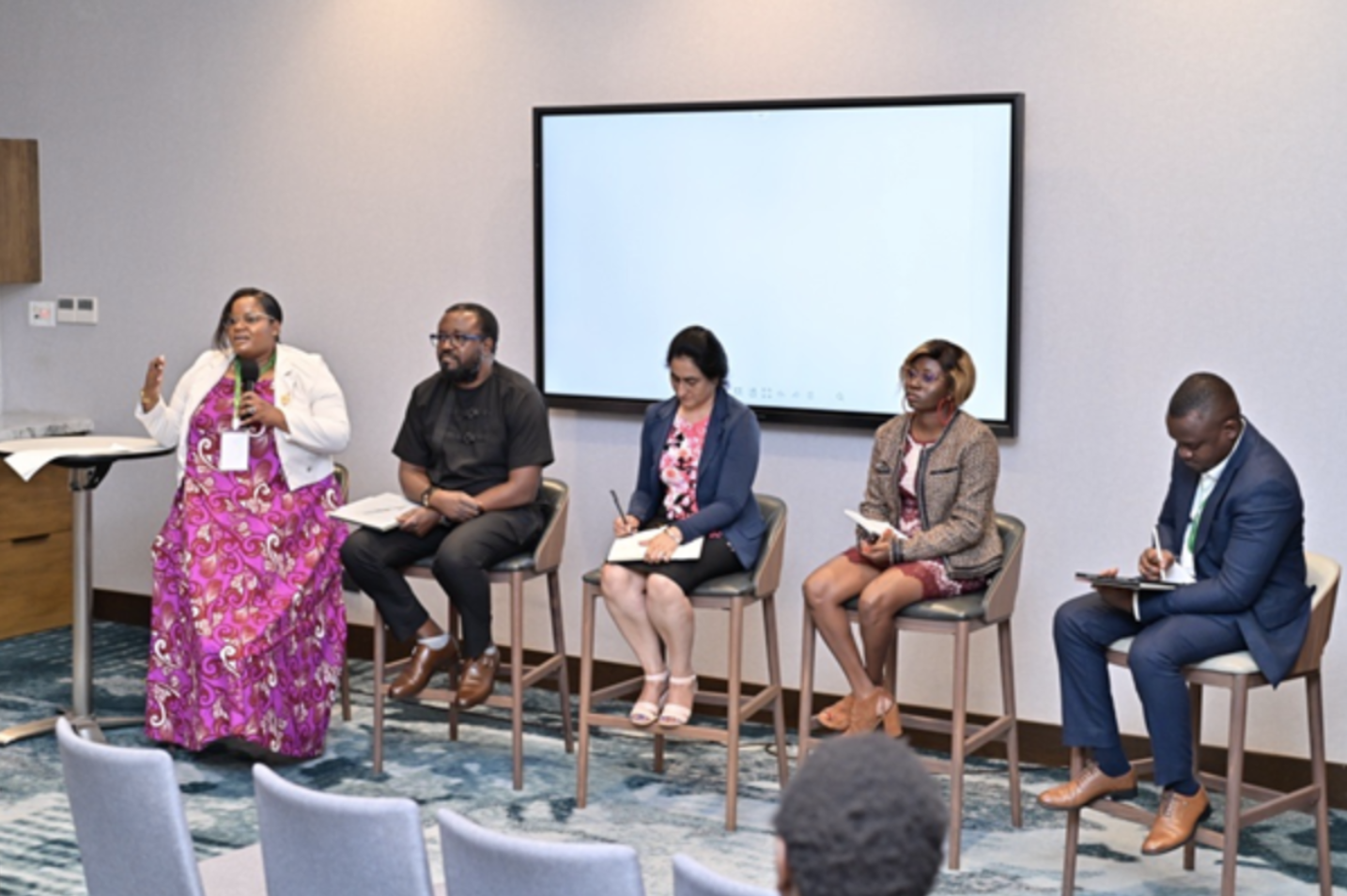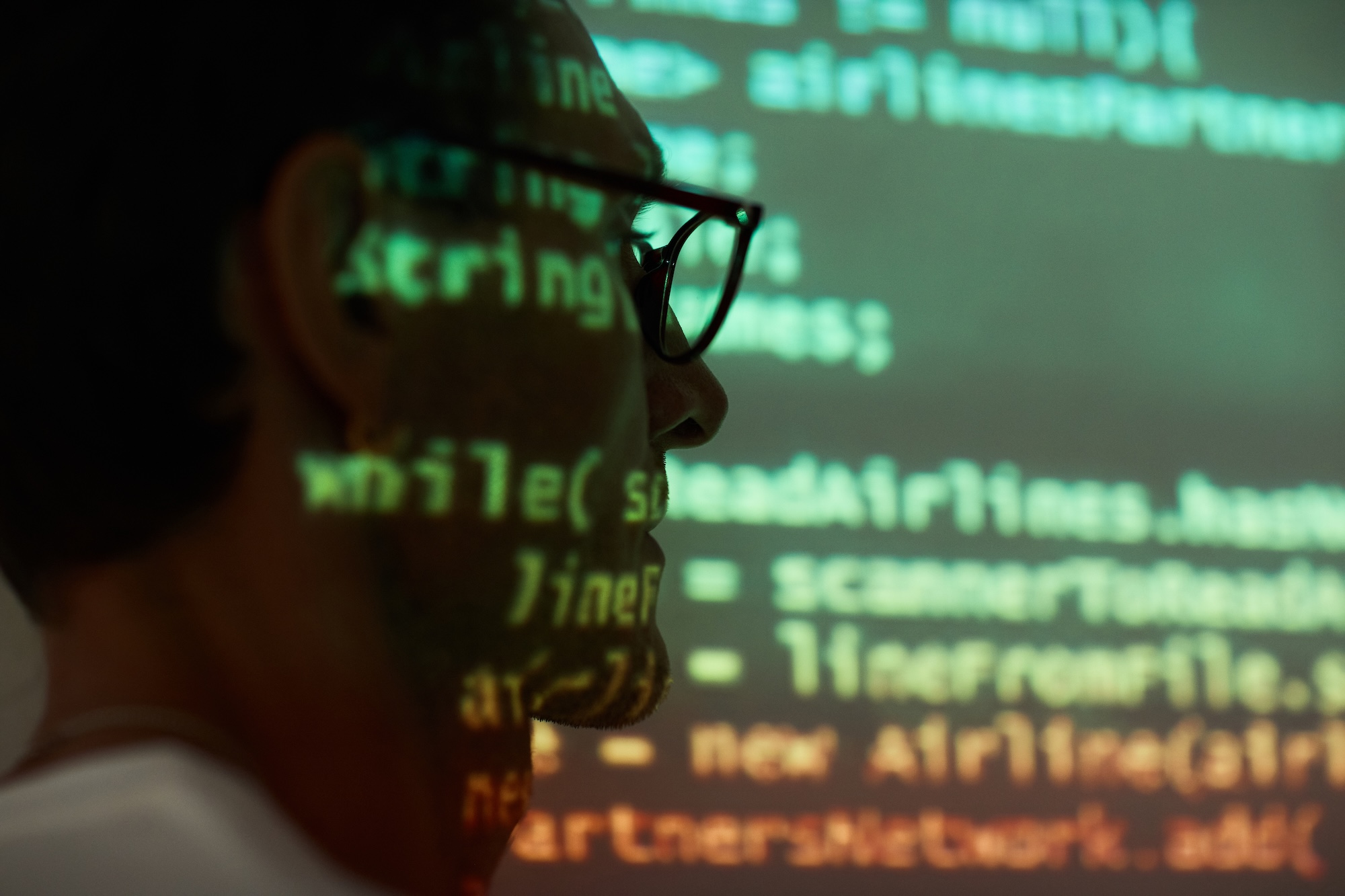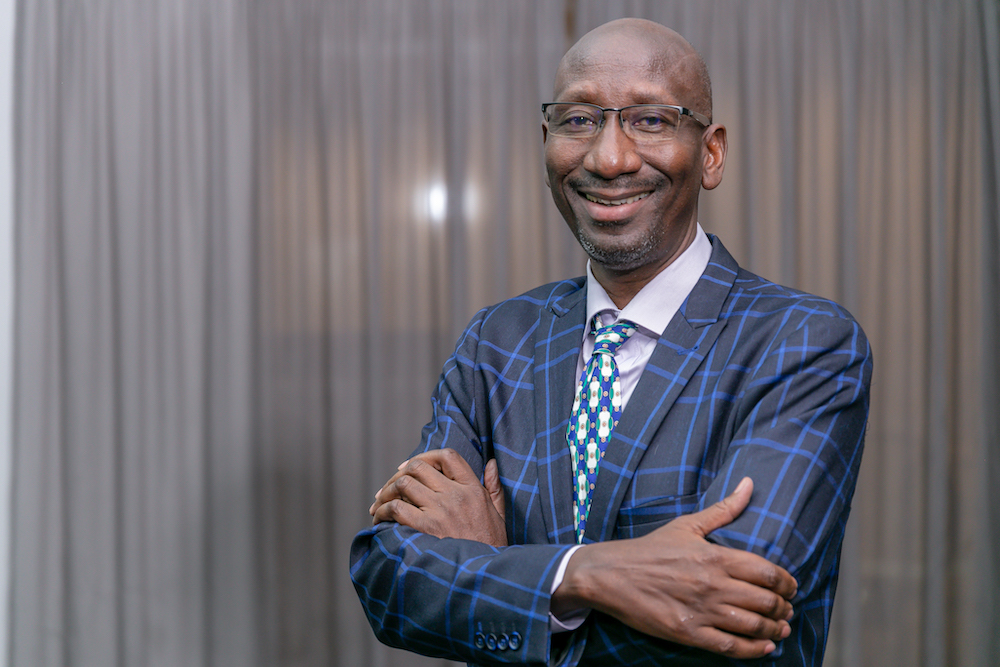
Impact Stories
An efficient but forgotten approach to mental health - community empowerment
Monday, March 4, 2024
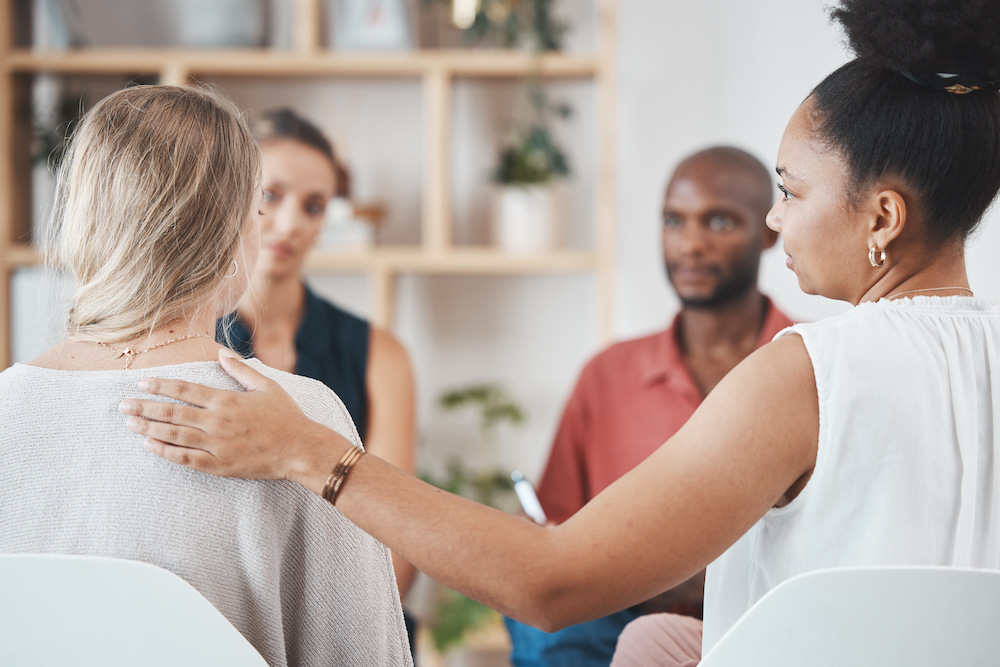
By Otilia Calfa
Today, many young people experience a lot of things that they do not understand, like me. In 10th grade, I received a book named “The Concept of Anxiety - by Soren Kierkegaard” from my psychology teacher. It made me wonder what anxiety was. Who was there to tell me that I was experiencing it?
I was not a lonely teenager, but I felt alone most of the time despite having people around me: friends, a sports team, teachers, and family. I embraced the mantra, “I am an adolescent, we all feel like this, it’s just a phase”. It was not. At 23, I still struggle with my ‘preclinical’ conditions after three years of therapy. How could I have prevented this?
You may have noticed that there are many “I”s in this article because that was the main problem. It felt like it was my problem, the only person that felt it, the only person that could deal with it, and most importantly, the cause of it all. Many young people around me feel the same.
A lot of people around the world are struggling with mental health conditions every day -- perhaps most disturbingly, young people. The world is facing multiple crises -- economic, social, medical, and geopolitical. Young people respond to this with courage, but sometimes with loneliness and without strong mental health. This should lead us to reflect: what can we do better?
Working in the mental health field at the InIm Institute has given me the opportunity to embrace and process new stories from teachers, young people, employees, and various partners. The most efficient but often forgotten approach to mental health is community empowerment, which is what InIm Institute aims to build within schools and companies. The NGO’s motto is: We create a culture of belonging!
Starting in 2023, Romania has participated in the Being Initiative, an international mental health effort that works with young people to improve their mental health and wellbeing through research, ecosystem engagement and innovation in 13 Low and Middle Income (LMI) countries. InIm Institute coordinates a consortium of eight national and international partners.
A needs-based approach is applied for each country, facilitating intentional and informed reflection and mobilisation on youth mental health, focusing on the main drivers on different levels: personal, societal and environmental.
It has created room to explore a new perspective on how mental health should be addressed by focusing more on innovation, community empowerment and responsibility.
As in my case, it’s hard to know who is “responsible” for one’s condition. Some will say parents, teachers, family doctors, or will generalise to the education system, labour system, medical system…. or maybe just me. Recent interventions and innovations suggest that we all have a role to play. For that reason, the InIm Institute considers how to empower communities, and how to enable young people to develop mechanisms across the sectors to facilitate access to mental health services.
I think about empowerment as a way to foster a sense of belonging, where members of communities (e.g., schools, hospitals, workplaces, churches) feel safe expressing themselves, and others are engaged and equipped to provide needed.
About the Author(s)
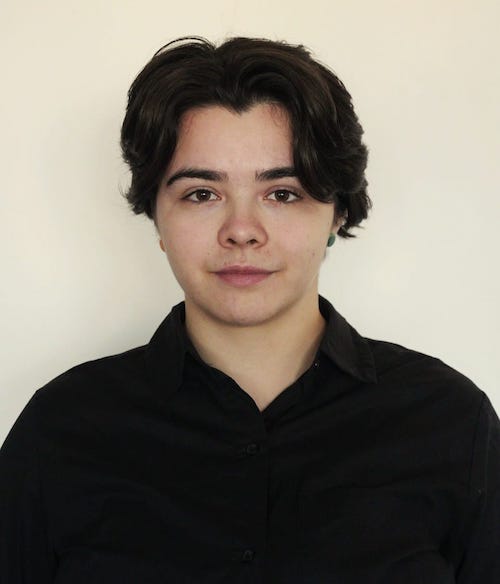
Otilia Calfa
Otilia is a psychologist, trainer and youth worker. She joined the team of InIm Institute in 2022 as Director of Training Department, where she applies over five years’ experience to her key role in coordination, development and implementation.
